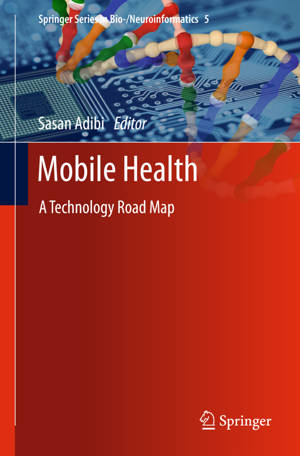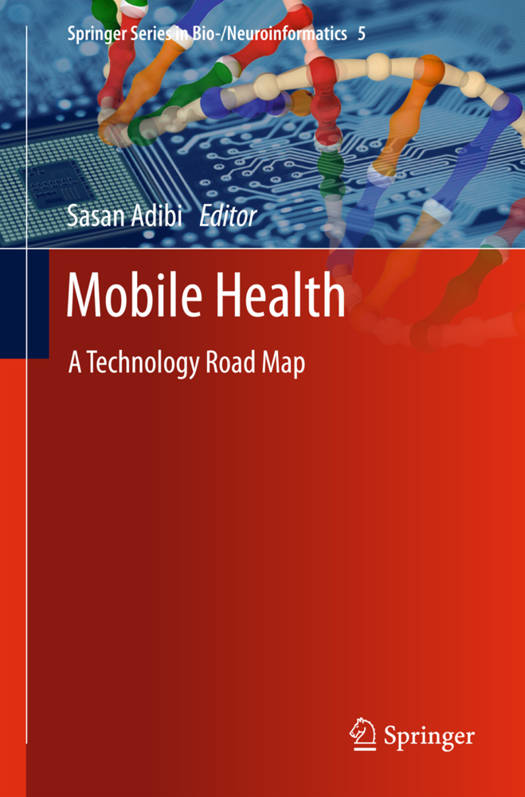
- Retrait gratuit dans votre magasin Club
- 7.000.000 titres dans notre catalogue
- Payer en toute sécurité
- Toujours un magasin près de chez vous
- Retrait gratuit dans votre magasin Club
- 7.000.0000 titres dans notre catalogue
- Payer en toute sécurité
- Toujours un magasin près de chez vous
Description
This book offers a comprehensive report on the technological aspects of Mobile Health (mHealth) and discusses the main challenges and future directions in the field. It is divided into eight parts: (1) preventive and curative medicine; (2) remote health monitoring; (3) interoperability; (4) framework, architecture, and software/hardware systems; (5) cloud applications; (6) radio technologies and applications; (7) communication networks and systems; and (8) security and privacy mechanisms. The first two parts cover sensor-based and bedside systems for remotely monitoring patients' health condition, which aim at preventing the development of health problems and managing the prognosis of acute and chronic diseases. The related chapters discuss how new sensing and wireless technologies can offer accurate and cost-effective means for monitoring and evaluating behavior of individuals with dementia and psychiatric disorders, such as wandering behavior and sleep impairments. The following two parts focus on architectures and higher level systems, and on the challenges associated with their interoperability and scalability, two important aspects that stand in the way of the widespread deployment of mHealth systems. The remaining parts focus on telecommunication support systems for mHealth, including radio technologies, communication and cloud networks, and secure health-related applications and systems. All in all, the book offers a snapshot of the state-of-art in mHealth systems, and addresses the needs of a multidisciplinary audience, including engineers, computer scientists, healthcare providers, and medical professionals, working in both academia and the industry, as well as stakeholders at government agencies and non-profit organizations.
Spécifications
Parties prenantes
- Editeur:
Contenu
- Nombre de pages :
- 1172
- Langue:
- Anglais
- Collection :
- Tome:
- n° 5
Caractéristiques
- EAN:
- 9783319128160
- Date de parution :
- 19-03-15
- Format:
- Livre relié
- Format numérique:
- Genaaid
- Dimensions :
- 156 mm x 234 mm
- Poids :
- 1818 g

Les avis
Nous publions uniquement les avis qui respectent les conditions requises. Consultez nos conditions pour les avis.





